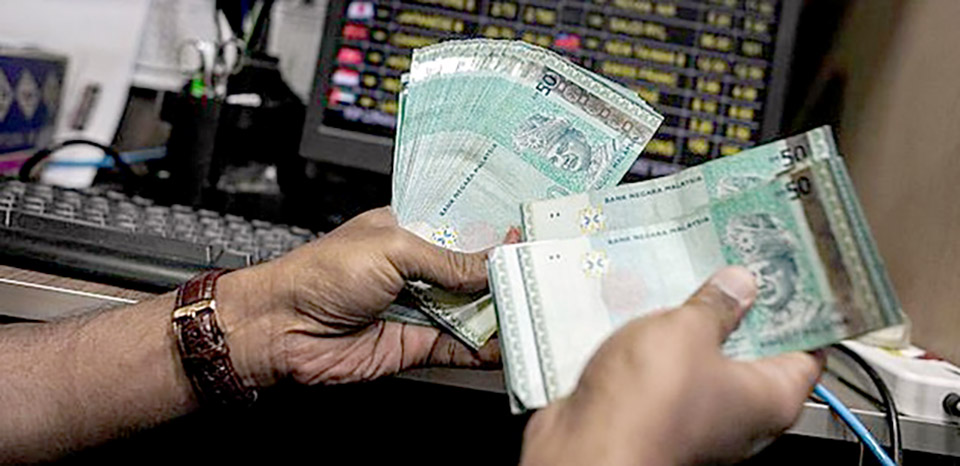
The tourism industry in Songkhla is feeling the effects of a volatile Malaysian ringgit, as the exchange rate between the Thai and Malaysian currencies reaches 7.59 baht to the ringgit.
This development has discouraged some Malaysians from crossing the border into Thailand for their holidays. Over the past decade, the ringgit has gradually depreciated against the baht, impacting border trade in southern Thai provinces such as Satun and Narathiwat. Thais living or operating businesses near the Malaysian border have also been negatively affected by the depreciated ringgit.
Local store owners in Songkhla, such as Nichamon Chumanut, have noticed a decline in Malaysian tourists visiting the province due to the volatility of the ringgit. Additionally, the recent start of the new school term in Malaysia has contributed to a quieter tourism scene in Songkhla during this period. Nichamon nevertheless acknowledged the possibility of more Malaysian visitors if the ringgit strengthens and tour groups are formed.
In response to the currency fluctuation, some stores at Samila Beach in Songkhla have opted to only accept Thai baht. The conversion rate of one ringgit to 7.59 baht on certain days has made it less favorable for Malaysian tourists to make purchases. With the cost of an item priced at 100 baht equivalent to 14 Malaysian ringgit, tourists from Malaysia have been buying fewer items from clothing and souvenir stores at Samila Beach. (NNT)





